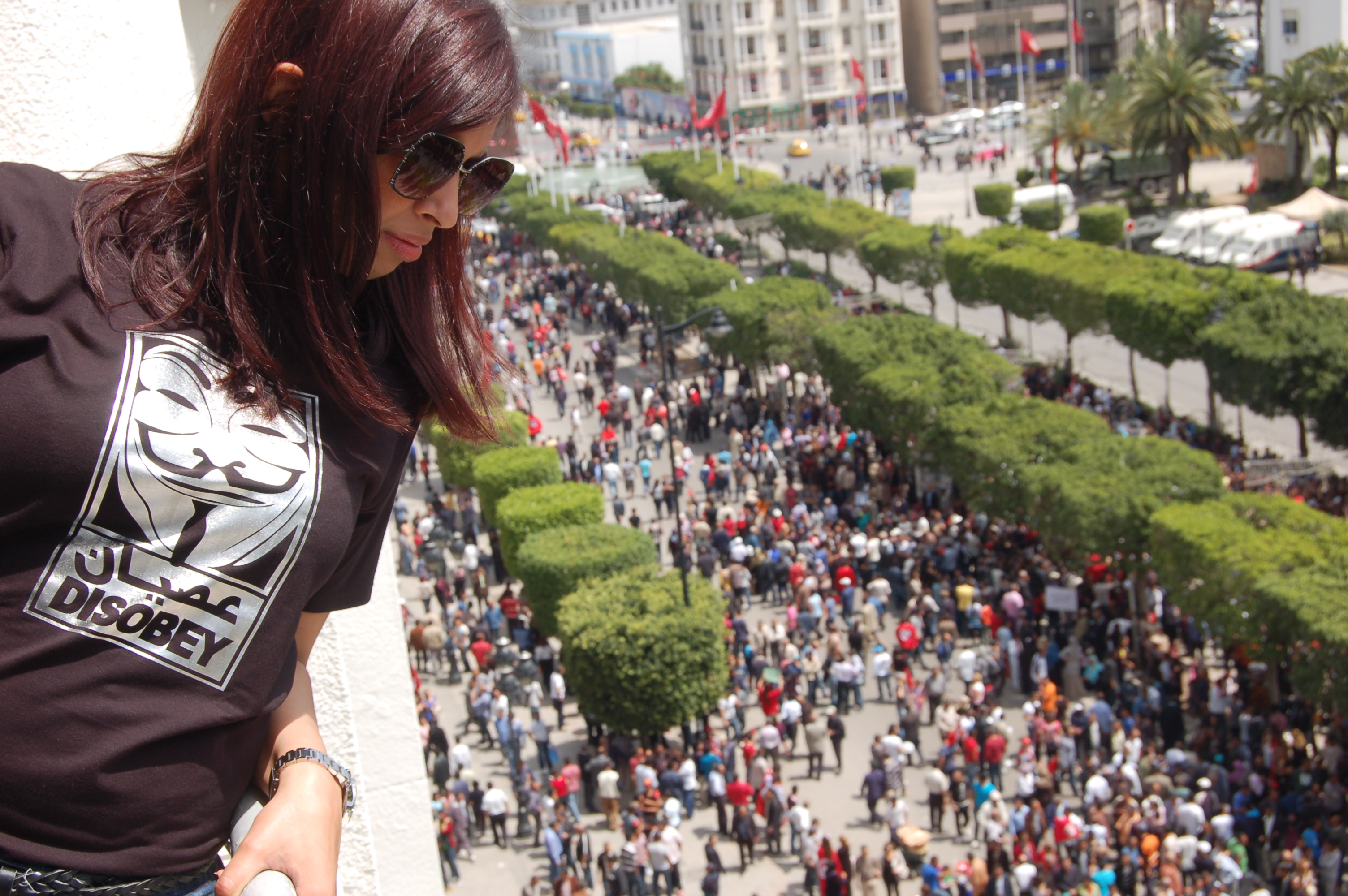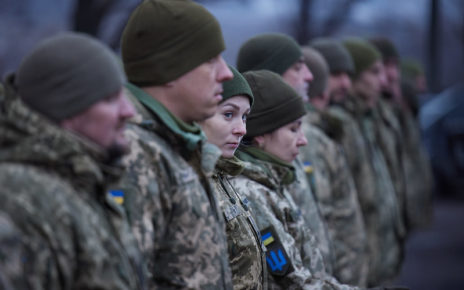We are currently seven years away from the deadline to meet the 2030 United Nations Agenda for Sustainable Development, and only 26 out of 169 Sustainable Development Goal (SDG) targets are on track to be achieved. This is cause for concern for peacebuilding efforts across the world.
According to the 2022 SDG progress report covering activity in the UNECE region, which encompasses Europe, North America, and Central and West Asia, the progress on many of the SDG targets needs to be accelerated if we are to meet the 2030 goal. Further, likely due to the impacts of COVID-19 and the war in Ukraine, progress on the goals is slowing. For example, Executive Secretary Olga Algayerova has stated that in 2021 there were “9 targets for which we needed to reverse the trend, we now have 15.” This would point to an elevated risk of failure to meet the goals by 2030, and a negative impact on the health and prosperity of individuals around the world.
The targets necessary to achieve Sustainable Development Goal #5 (Gender Equality) and Sustainable Development Goal #10 (reduced inequality) are far from being on track. Targets like those listed at Goal #5’s first target (discrimination against women and girls), fifth target (women in leadership), and Goal #10’s second target (social, economic, and political inclusion) all require either accelerated progress or a reversal of the current trend to be achieved. With the achievement of these SDGs at risk, so is the ability to improve future peacemaking capabilities.
The inclusion of women in the fulfillment of the UN’s Sustainable development goals is a “proven strategy”, according to Amina Mohammed, Deputy Secretary-General of the United Nations and Chair of the UN Sustainable Development Group, in ensuring “peace and stability” . However, despite the acknowledgement of their central role, there has been a recent decrease in the percentage of women in peace negotiations – down to 19% from 23% in 2020.
The peacemaking process in Northern Ireland is just one example of how effective women can be in bringing peace to a region. Women in Northern Ireland played a prominent role in the signing of the Good Friday Agreement in 1998, putting an end to decades of violence between Catholics and Protestants in the region. This was achieved through the creation of a political party joining Catholic and Protestant communities, which was then popularly elected to participate in the peace process. By setting aside the differences that had caused mass violence for many years, women contributed to a campaign crucial to the success of the peace agreement. However, the recognition of the work of women in negotiating the peace process has not been sustained, with only one woman being appointed to a monitoring body for the peace process since 1998.
According to the top United Nations official for the empowerment of women, “equal economic empowerment between the sexes would yield huge dividends for peacebuilding efforts.” Taking action to improve gender equality and support women’s economic inclusion is crucial for encouraging and sustaining peace. However, getting to this point will require an abundance of work. The lack of progress in this endeavour is evidenced by the increase in international military spending to US $2.1 trillion, contrasting a decrease in funding for women’s organizations in areas with active hostilities. In Afghanistan, for instance, the Taliban’s takeover and implementation of a new gender apartheid have drastically decreased female employment rates.
Overall, it could be said that gender equality and inclusion is in peril, leading to a lack of women’s engagement in current peacemaking processes and a lack of recognition for previous work. With conflict around the world continuing to devastate communities and families – the war in Ukraine being just one instance – it may be time to put traditional peacemaking tactics to rest and engage those who are typically left out of decision-making processes: women.
Photo: Deputy Secretary-General. Ms. Amina J. Mohammed visits the UN Bonn Campus (2017) by UNclimatechange via Flickr. Licensed under CC BY-NC-SA 2.0.
Disclaimer: Any views or opinions expressed in articles are solely those of the authors and do not necessarily represent the views of the NATO Association of Canada.




